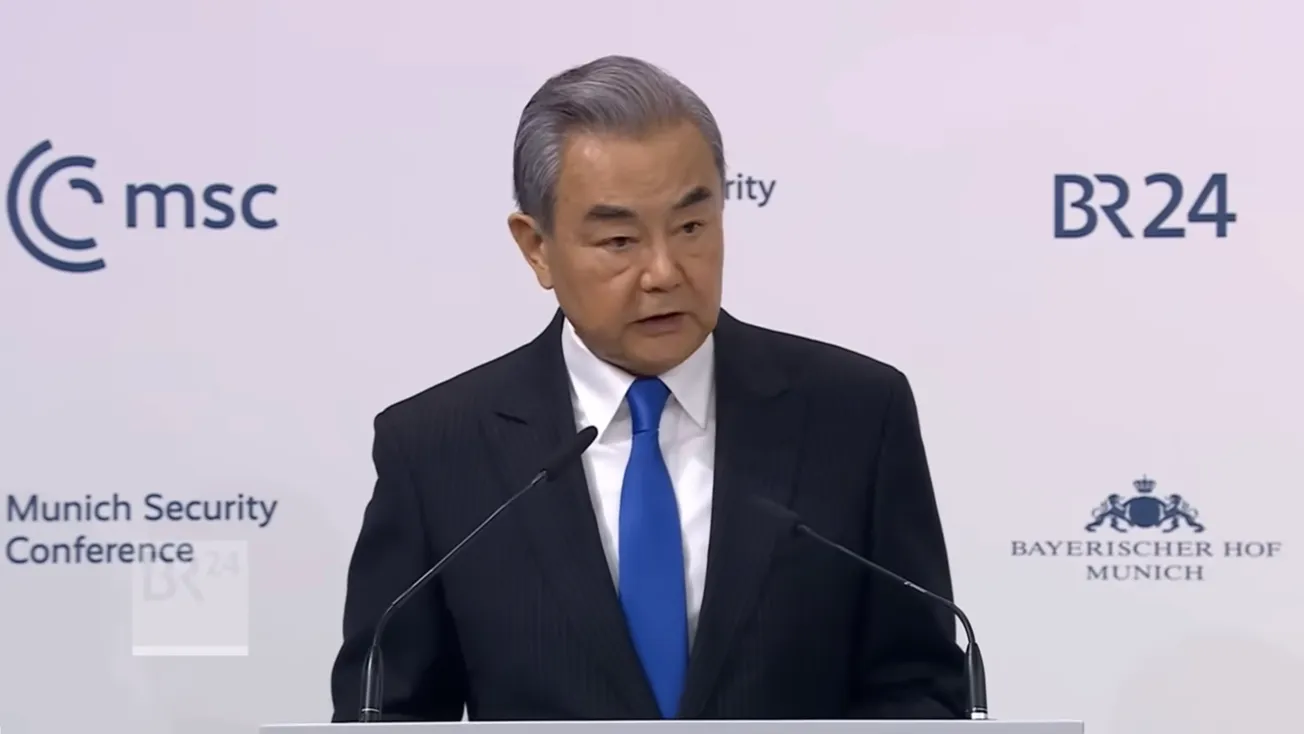The lengthy Joint Statement issued by Russia and China on the occasion of the 20th anniversary of the signing of the Sino-Russian Treaty of Good Neighborliness, Friendship and Cooperation was more than a reaffirmation of the original treaty, but also outlined their joint outlook on the outstanding questions of today. Significantly, they are presenting their bilateral relationship as a model of what a respectful international order should look like.
Noting that the relationship has reached “the highest level in history,” it underlined the importance of their relationship as a new model of international relations, not based on ideology. “The Sino-Russian relationship is not similar to the military and political alliance during the Cold War, but transcends this model of state-to-state relations, does not seek expediency, is not ideological, comprehensively considers each other’s interests, does not interfere in each other’s internal affairs, has independent value, and does not target an enemy.... Russia needs a prosperous and stable China, and China needs a strong and successful Russia. China and Russia regard each other as priority cooperation partners and will further deepen coordination and cooperation in various fields such as politics, security, military, economy and trade, humanities and international affairs in accordance with the treaty.”
The statement says they will enhance military cooperation albeit “not directed at third countries.” They will work to increase trade and to renovate the border ports and cross-border transportation infrastructure of the two countries in this post-pandemic period. The statement reaffirms the intention to develop jointly the Belt and Road Initiative and the Eurasian Economic Union. They will also strengthen cooperation in the field of scientific and technological innovation and exchanges in the realm of the humanities. (Pushkin today still remains the most popular foreign poet in China, according to sources.)
There follows a lengthy section on their common views on foreign issues, point out the danger of increased competition and confrontation between great powers and the attempt to “draw lines” in accordance with ideology. It also targets the negative sanctions and interference in the internal affairs of sovereign countries, which “shake the legal foundation of the system of international relations.”
They call for multilateralism based on the international order with the UN at its core. They reiterate Putin’s call for a P5 Summit. They support Xi’s concept of the “community of a shared future for mankind.” The statement reiterates that a nuclear war cannot be won, and reaffirms China and Russia’s adherence to the Treaty on the Non-Proliferation of Nuclear Weapons. They oppose the placement of land-based medium- and short-range missiles in the Asia-Pacific and the European regions, which they say will only increase tensions. They reiterate Russia’s call to suspend such deployment. In addition, they call for a gathering of regional forces to build “an equal and indivisible security system in the Asia-Pacific region based on non-interference, peaceful settlement of disputes, non-use of force or threat of force.” They also call for concluding a legally binding treaty on banning weapons in space. [https://www.rusemb.org.uk/fnapr/7007]



